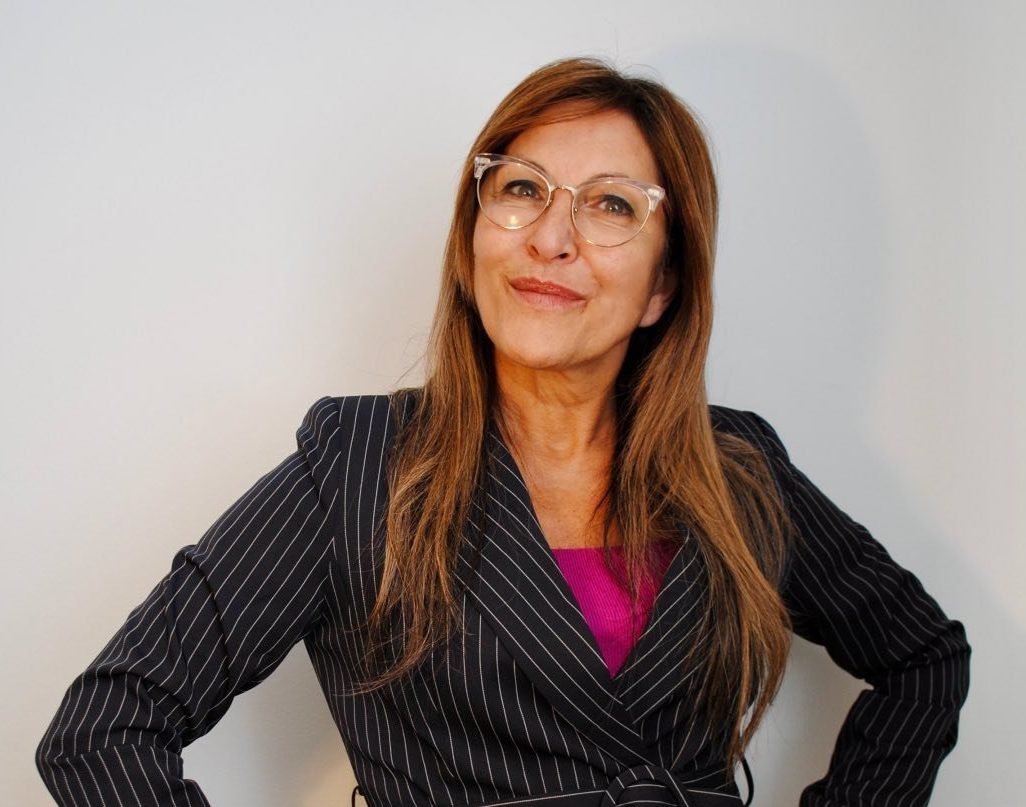Role & Organisation: CEO, Beckon Capital
What was your first job?
I’ve been rather blessed in the jobs I have landed, including my first job in 1988 as adviser to the Hon Alan Clyde Holding, Minister for Immigration and Ethnic Affairs. The role was to liaise with Members of Parliament across party lines, on immigration matters, liaise with advocacy groups such as ethnic and religious groups and the Gay and Lesbian Immigration Taskforce.
How did I get there? I had accumulated six years of experience in advocacy and held board positions representing young people by the time I was 20. You see, I came from a strict migrant family and my only outlet was to join Young Labor and the Ethnic Communities’ Council of NSW at the tender age of sixteen.
My Italian-Corsican mum migrated here from Egypt in 1972 with me and my older brother Tony, I was seven years old. My mum Teresa Croce and my step father Livio Benedetti were activists and advocates – they taught me to believe we can and must make a difference for others.
When did you know you wanted to work in finance/business?
Finance – I didn’t – in fact I steered clear of it!
After believing that working in Government or for Ministers and NFPs were the most effective ways to affect change, after 30 years of effort I realised that this is too slow.
The last role I had was Senior Policy Advisor to the Minister for Industry Science and Technology (2019-21) and in that role I brought together a number of VC and PE roundtables and worked closely with COSBOA and ACCI – that is when it hit me that I needed to be where private capital was deployed so I could help direct it to where the need is.
Beckon Capital was a natural fit. Beckon’s focus on helping SMEs scale through capital and capability resonated with me. The 2.4 million SMEs are the backbone of our economy and communities, providing 7.4 million jobs and delivering $700 billion to the economy, they are key to rebuilding communities. My 30 years of experience in government, NFP and policy complements an investment and finance savvy team at Beckon. It also means that we can extend our offering of fund, advisory and platform to NFPs and governments looking to evolve private equity JVs on social benefit projects.
When did you first discover the concept of Impact Investing?
Impact Investing has been around for a while in various forms, it came more to light as a movement in Australia through the voice of Rosemary Addis, Impact Investing Australia. I was around in the days of the first Social Benefit Bonds.
My view is our measure of success has to be reducing the number of Australians living below the poverty line. In 2014 that was 2.4 million people (300,000 children) in 2021 it is 3.4 million people (1.1 million children and young people) – that in my view is unacceptable in a country like Australia. So by that measure and almost two decades of impact investing, we have failed our own people, our own communities are indeed at stake.
I believe in investing in impact and helping people understand what that really means. It doesn’t just mean deploying capital, it has to come with capability building to support meaningful outcomes. We also need to help measure, track and improve financial, environmental and social impact so we are not blindsided by poverty data.
What’s one exciting development you and your team have in the pipeline?
Just one! That’s hard 🙂
We are building a portfolio impact management system to help measure, track and improve environmental, social and financial impact. This is super exciting for us as a fund and for our analysts who spend a lot of time going through environmental, social and financial data in order to provide DD on a business.
What was the most interesting impact deal (from any team across Asia/Pacific) in the past 12 months
I am in awe of Aware Super – to see them invest in affordable housing for essential workers and commit to scaling this, was just so uplifting. That just levelled up CSR and Impact Investing in one move that will put Aware Super in good stead and provide much needed housing for essential workers.
Name one high impact company (globally) that investors should keep their eye on
Quality Trade are connecting procurement professionals to certified suppliers. They are supporting trusted supply chains that increase the social and environmental impact of procurement. Increasing consumer demand for clean trade means that businesses like Quality Trade will have an important place.
What’s your vision for impact investing in 5 years time?
I see impact as an imperative of every investment, and profit through impact as the norm.
This is coupled with effective outcomes and impact measurement to disable impact washing and the like. A more sophisticated model emerges where we measure impact beyond SDG goals and where communities are beneficiaries of better targeted investments.
I see greater collaboration across government, NFP and private sectors to tackle the need in communities and get capital to where it is needed, whether that be to build more social or affordable housing, scaling SMEs, or creating precinct opportunities for tourism.
Our measure of success – reducing the number of Australians living below the poverty line to zero – totally do-able – Who is in?

